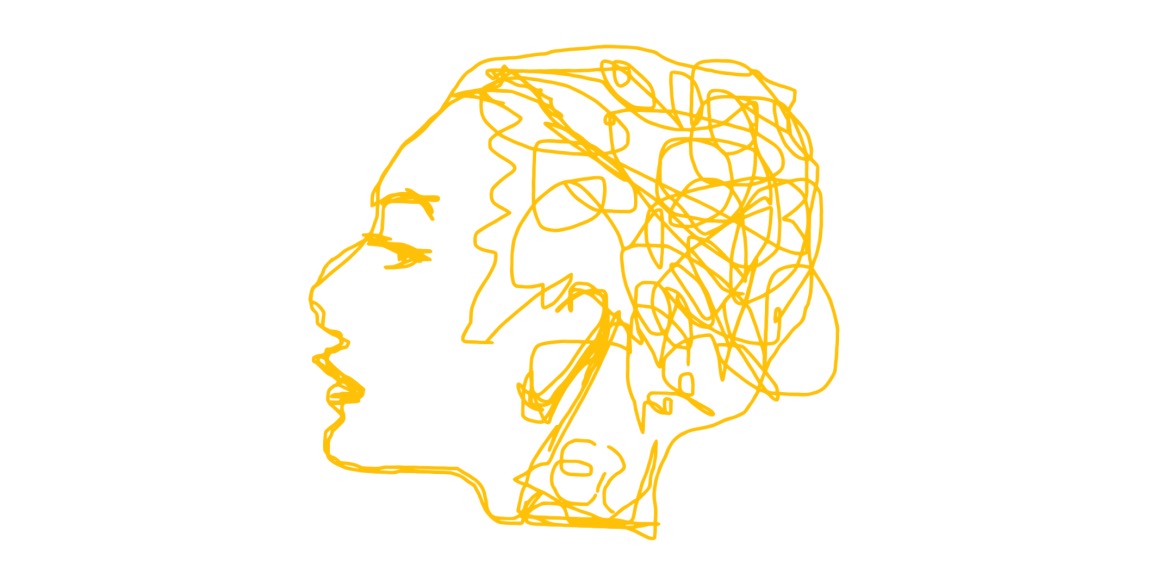Mental illness is rising in every country in the world – especially among young people – and will cost the global economy $16 trillion (around R235 trillion) by 2030. There has been a collective failure to respond to the global health crisis which is causing long-lasting and preventable harm to people, communities and economies.
This is according to a new Lancet Commission report on mental health, which was launched in London by the UK Department of Health on October 10, World Mental Health Day. The 46-page report outlines a plan of action to promote mental wellbeing, prevent mental ill health, and enable healing.
Young people – under the age of 35 – face the brunt of the global burden of mental illness. Under 35s form the bulk of mental and substance use disorders as well as suicide and self-harm globally, the report shows.
“We’ve seen a rise in mental illness in young people when, with all the knowledge we have, we should be seeing a decrease,” Professor Helen Herrman, President of the World Psychiatric Association said in the statement. “Treatment in hospitals needs to be complemented by care in the communities to bring mental health services to the masse,” Herrman added.
The report, launched at the first-ever Global Ministerial Mental Health Summit in London, was compiled by experts in psychiatry, public health, neuroscience, and advocacy, as well as people with lived experience of mental health conditions.
“Mental health is the foundation of human capability that makes each life worthwhile and meaningful. It is for this reason that there can be no sustainable development without attention to mental health,” Professor Vikram Patel of the Harvard Medical School said in a statement. Patel is joint lead editor of the report. “Anyone who cares about poverty, education, social cohesion or economic progress should work to improve mental health, putting the vast knowledge we have on promotion, prevention and care, into action,” Patel said.
The report also reveals that in many countries, people with mental disorders still routinely suffer gross human rights violations including shackling, torture and imprisonment. It highlights the abuse and discrimination and calls for a human rights-based approach to ensure that people with mental health conditions are not denied their fundamental human rights.
The Life Esidimeni tragedy is specifically mentioned in the report. Between 2015 and 2017, at least 144 psychiatric patients died after being transferred from private state-sponsored Life Esidimeni health facilities to various largely unlicensed organisations.
Life Esidimeni: The forgotten people of South Africa’s healthcare system
According to the report, Life Esidimeni is an example of “poorly-planned deinstitutionalisation.”
“My brother would still be around if Life Esidimeni didn’t close downâ€
The report also recommends a shift to community-based care. It recommends interventions by community health workers, peers and key members of the community like teachers and the clergy. It also recommends interventions by medical professionals working in primary care, to lay the foundation of the mental health care system.
Some of the other key recommendations include a new global partnership to mobilise funds, help drive change on the ground and holding governments accountable. “Mental health affects everyone, either directly or through our relatives and close friends,” Director of Wellcome Dr Jeremy Farrar said.
“There has been great progress in research and awareness over the last decades, but as the Lancet Commission shows too many people are still left behind. By bringing together expertise from around the world and across disciplines we can improve understanding and treatment of mental health to tackle one of the greatest challenges of our time,” Farrar added.
Featured image via Pixabay









